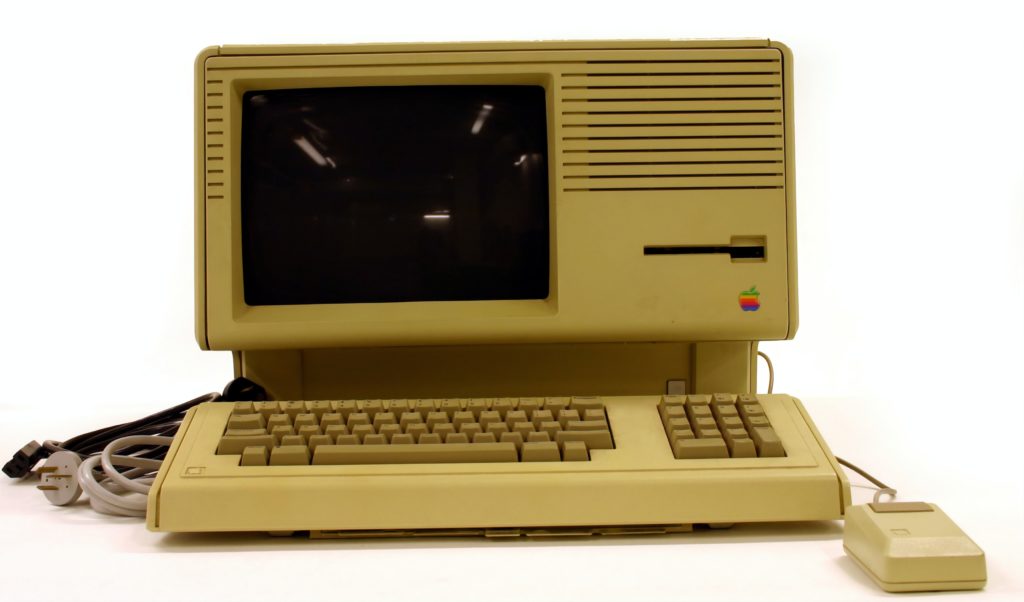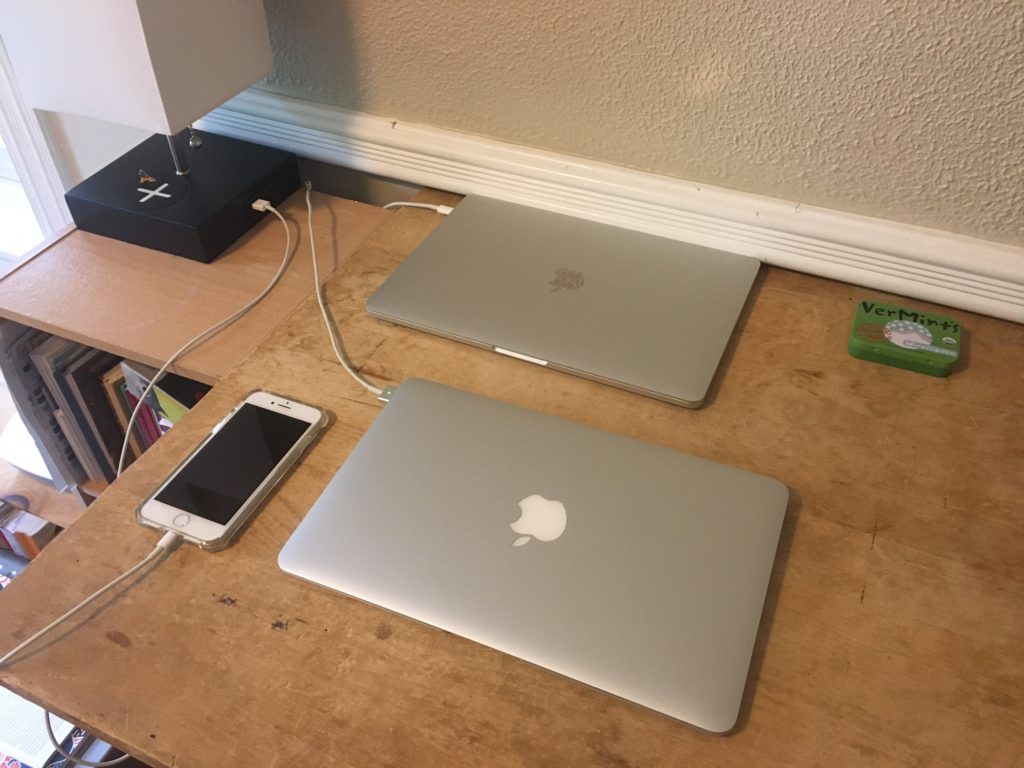Steve Jobs, my iPhone, & boredom
Technology is personal. Take a moment to consider the device on which you are reading this. How did it get to look and work the way it does, and how did it get into your hands?
Ten years ago this week, Steve Jobs, the man largely responsible for shaping this design, died at age 56. That day, Wired editor Steven Levy sat down and wrote one flowing remembrance of Jobs based on his long-time reporting relationship with the innovator. Levy shared this journalistic gem, dated October 5, 2011, in the Wired newsletter this week.
The remembrance has personal relevance for me (and likely for you, too); it reveals the undercurrent of history behind the computers and devices I’ve used, from the Apple IIs in my college computer lab to the iMac (blue) I worked on as a young reporter to the iPod I first heard about from my tech loving, graphic designer housemate.
“I want an iPod for Christmas,” she said a month before its release. I distinctly remember asking, “what’s an iPod?” I was having trouble wrapping my mind around a device that was portable like a Walkman but with the power and sleek interface of the giant Mac computer on my housemate’s desk.

Now, at a time in my life when I’m home and isolated a lot, my iPhone is omnipresent. It promises to keep me from being bored for a moment. It connects me to necessities, like two-step security for my bank, email and work accounts. And my iPhone offers to keep me company with its lively blue fire and colored icons – the little bird, the envelop, the purple broadcast tower.
Steve Jobs started a movement to connect our computers with our hands, and the momentum continues now, ten years after his death. Levy’s piece gives helpful insight about the person, personality and persona behind the physical devices and virtual interfaces I use — and sometimes resist.
Here’s what Jobs had to say to Levy on several resonant topics.
Boredom:
“I’m a big believer in boredom,” Jobs told Levy. Boredom allows one to indulge in curiosity, he explained, and “out of curiosity comes everything … All the [technology] stuff is wonderful, but having nothing to do can be wonderful too.”
Design:
“If you view computer designers as artists, they’re really into more of an art form that can be mass produced, like records or like prints, than they are into fine arts,” Jobs told Levy in 1983. “They want something where they can express themselves to a large number of people through their medium, and their medium is technology and manufacturing.”
And in 2000, Levy said, Jobs spoke about Apple as a blend of engineering and liberal arts: “When people look at an iMac, they think the design is really great, but most people don’t understand it’s not skin deep,” he said.

Corporate culture:
Jobs told Levy he wanted Apple to be “a $10 billion company that didn’t lose its soul.”
Boredom again:
“Having nothing to do can be wonderful too.”
What Jobs said about boredom is now ironic, given how effective Apple products are at preventing us from ever running out of apps to check (the little bird, the purple broadcast tower, the sun and cloud, the white “f” on the blue background …)

But with all that connectivity comes a pressure. With my baby in one hand and my iPhone in the other, I feel a strange pressure, a tension between two worlds —the real and the virtual — that was not nearly as strong with the Apple II, the iMac, and even my current MacBook Pro laptop. This little window calls me to jump through it at all hours, especially at night, when the colors truly shine.
I’ve banished my iPhone to my office at night, and at many times during the day. When I’m out for a walk with my son, or reading a book, the iPhone sits on my desk to recharge next to its cousins, MacBook Air (my personal computer) and MacBook Pro (work).
I want to be bored. I want to keep the line between myself and my devices distinct, to realize and live out the fact that although Apple products aid my creativity, I can only indulge my curiosity away from them. And curiosity, said Steve Jobs, is everything.